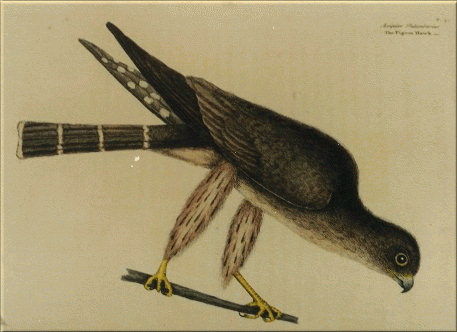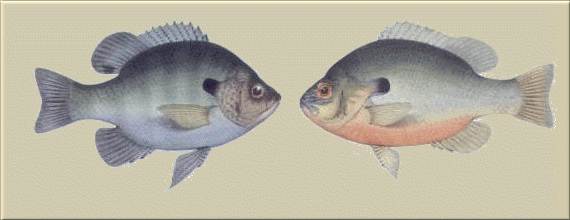
Volume 5

March, 1853 - November, 1853




The secretary of the Association for the Advancement of Science requests me, as he probably has thousands of others, by a printed circular letter from Washington the other day, to fill the blank against certain questions, among which the most important one was what branch of science I was specially interested in, using the term science in the most comprehensive sense possible. Now, though I could state to a select few, that department of human inquiry which engages me, and should be rejoiced at an opportunity to do so, I felt that it would be to make myself the laughing stock of the scientific community to describe or attempt to describe to them that branch of science which specially interests me, inasmuch as they do not believe in a science which deals with the higher law. So I was obliged to speak to their condition and describe to them that poor part of me which alone they can understand. The fact is I am a mystic, a transcendentalist, and a natural philosopher to boot.
Dwell as near as possible to the channel in which your life flows.
Better learn this strange character which Nature speaks today than the Sanscrit. Books in the brooks.
When we wake indeed, with a double awakening - not only from our ordinary nocturnal slumbers, but from our diurnal - we burst through the thallus of our ordinary life with a proper exciple, we awake with emphasis.
Man cannot afford to be a naturalist, to look at Nature directly, but only with the side of his eye. He must look through and beyond her.

My aunt Marie asked me to read the life of Dr. Chalmers, which however I did not promise to do. Yesterday, Sunday, she was heard through the partition shouting to my Aunt Jane, who is deaf, "Think of it! He stood half an hour to-day to hear the frogs croak, and he wouldn't read the life of Chalmers."
He is the richest who has most use for nature as raw material of tropes and symbols with which to describe his life. If these gates of golden willows affect me, they correspond to the beauty and promise of some experience on which I am entering. If I am overflowing with life, am rich in experience for which I lack expression, then nature will be my language full of poetry - all nature will be fable, and every natural phenomenon be a myth. The man of science, who is not seeking for expression but for a fact to be expressed merely, studies nature as a dead language. I pray for such inward experience as will make nature significant.
Genius rises above nature; in spite of heat, in spite of cold, works and lives.
The poet must bring to Nature the smooth mirror in which she is to be reflected. He must be something superior to her, be more than natural.

Though the youth at last grows indifferent, the laws of the universe are not indifferent; they are still and forever on the side of the most tender and sensitive.
Nature is beautiful only as a place where a life is to be lived. It is not beautiful to him who has not resolved on a beautiful life.
Is it not as language that all natural objects affect the poet? He sees a flower or other object, and it is beautiful or affecting to him because it is a symbol of his thought, and what he indistinctly feels or perceives is matured in some other organization. The object I behold corresponds to my mood.
Here is the barber, sailing up the still, dark, cloud-reflecting river in the long boat he built so elaborately himself, with two large sails set. He is quite alone thus far from town, and so quiet and sensibly employed -- bound to Fair Haven Bay, instead of meeting comrades in a shop on the Mill Dam or sleeping away his Sabbath in a chamber -- that I think of him as having experienced religion.

When, after feeling dissatisfied with my life, I aspire to something better, am more scrupulous, more reserved and continent, as if expecting somewhat, suddenly I find myself full of life as a nut of meat -- am overflowing with a quiet, genial mirthfulness. I think to myself, I must attend to my diet; I must get up earlier and take a morning walk; I must have done with luxuries and devote myself to my muse. So I dam up my stream, and my waters gather to a head. I am freighted with thought.
What is Nature unless there is an eventful human life passing within her? Many joys and many sorrows are the lights and shadows in which she shows most beautiful.
If there is any one with whom we have a quarrel, it is most likely that one makes some just demand on us which we disappoint.
















